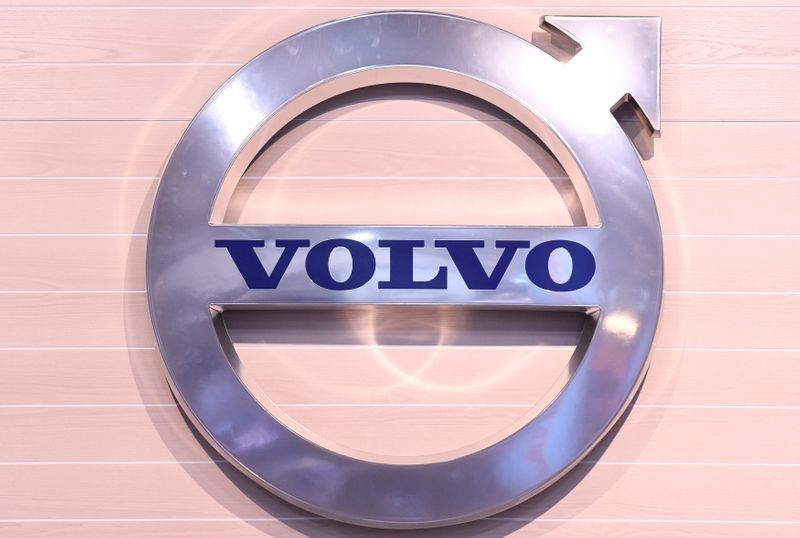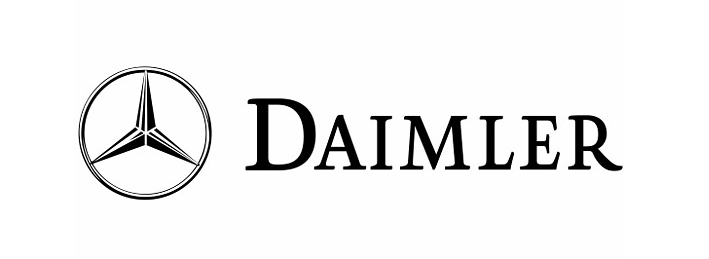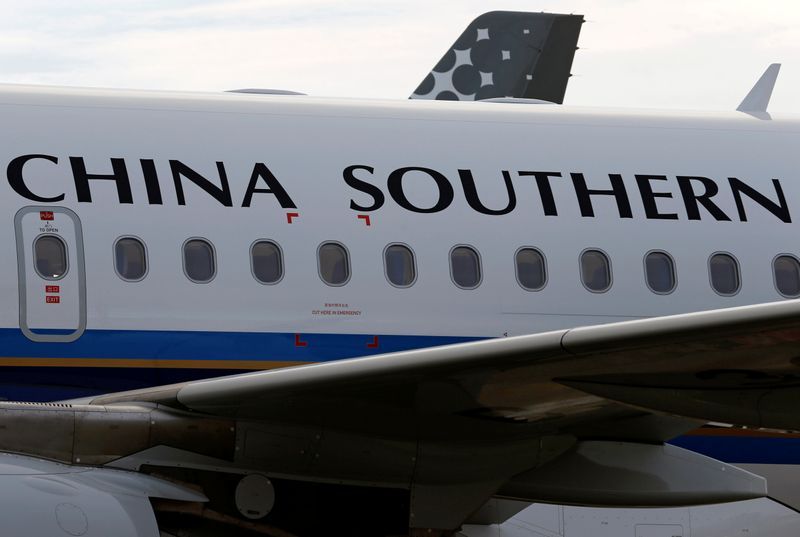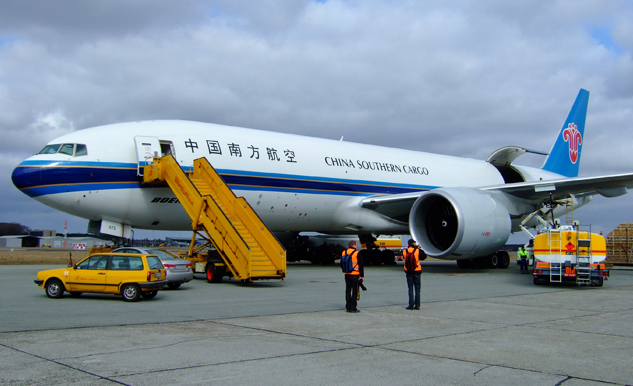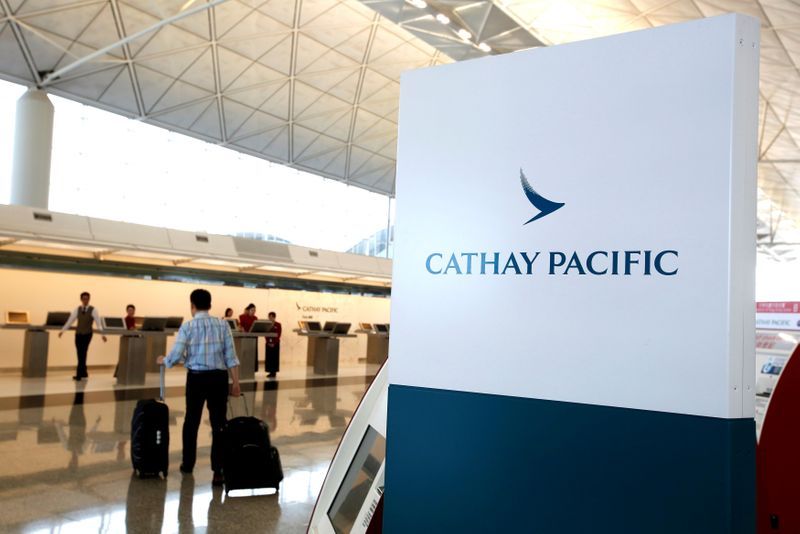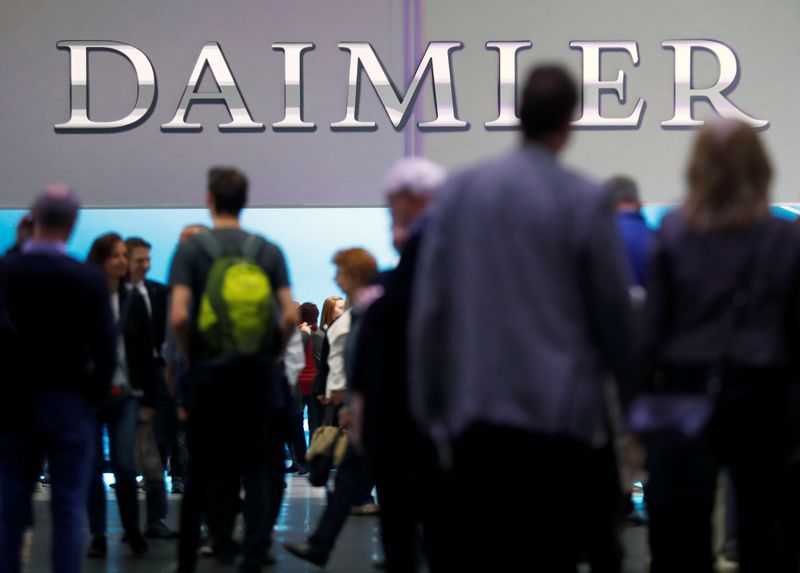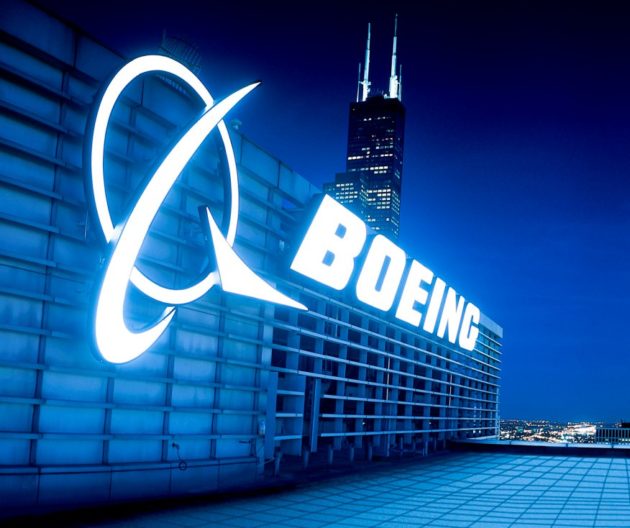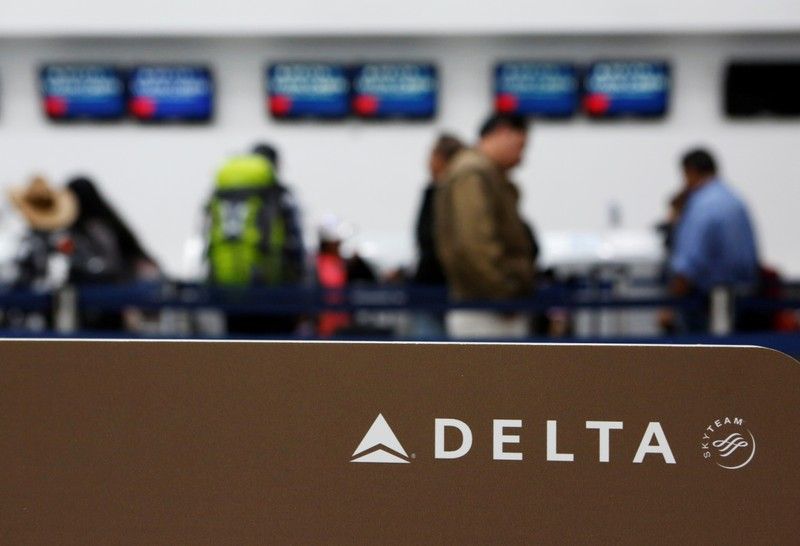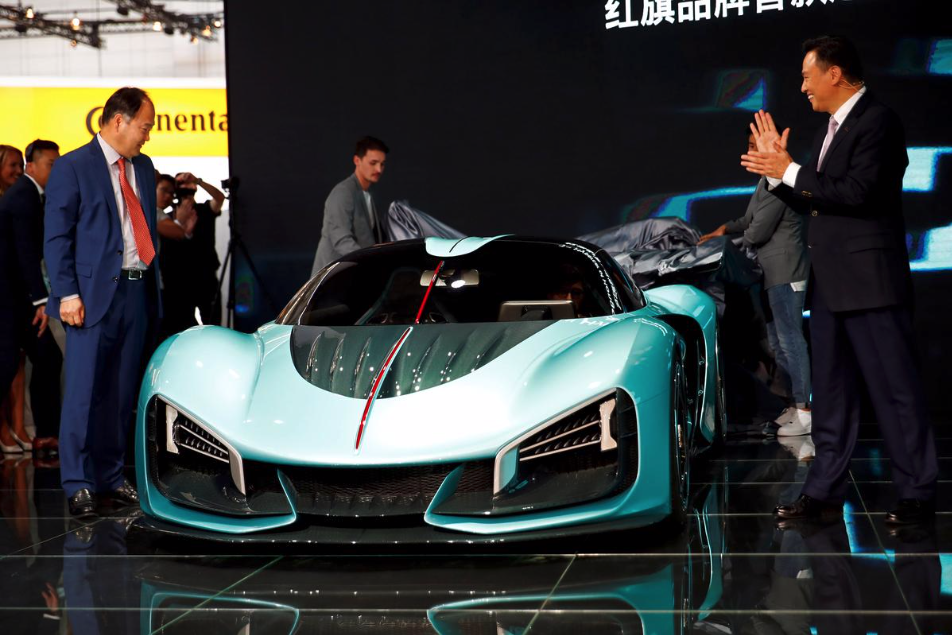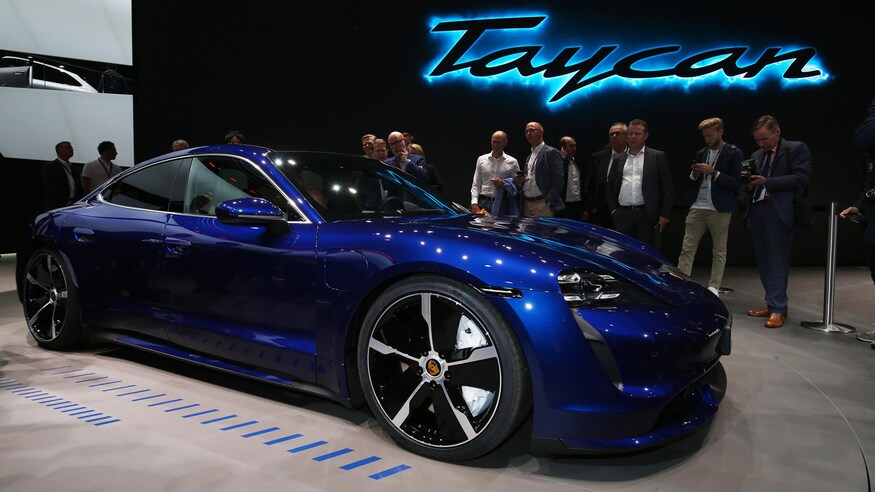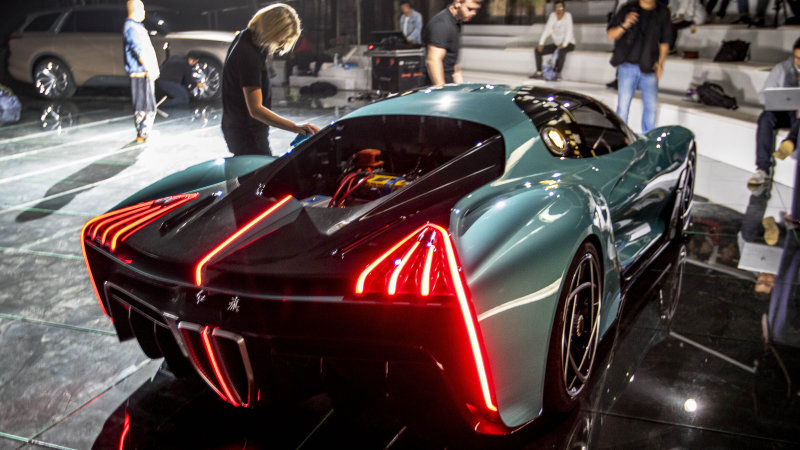
Queensland and Northern Territory Aerial Services (QANTAS) today marks 100 years since it was founded in the Australian outback.
On 16 November 1920, two veterans of the Australian Flying Corps, Hudson Fysh and Paul McGinness, together with local grazier Fergus McMaster, founded what would later become the national carrier.
This happened just 17 years after the first powered flight by the Wright Brothers, two years after the end of World War One and at the tail end of the last major global pandemic, the Spanish Flu.
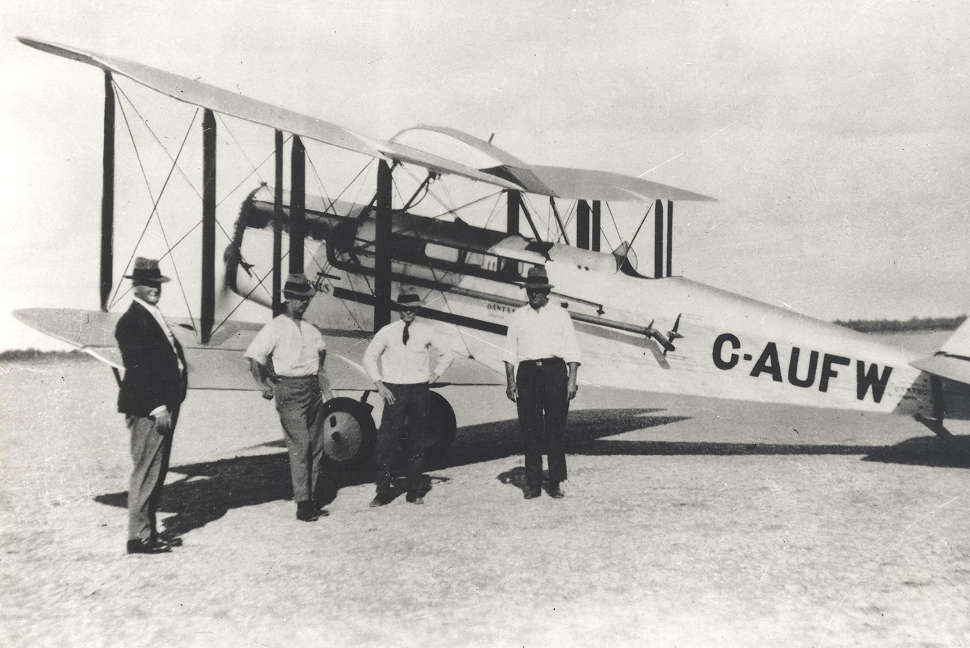
The new airline focused on conquering the “tyranny of distance” that was a major barrier to the growth of modern Australia. Its early chances of success were uncertain, to the point early backers called their investment “a donation”.
Initially carrying mail between outback towns, the airline was flying passengers to Singapore by the 1930’s. By the end of the 1940’s its strategic importance saw it nationalised and in the 1960’s, it was an early adopter of the jet aircraft that mainstreamed global travel. Qantas invented business class in the 1970’s, switched to an all-747 fleet in the 1980’s, was privatised in the 1990’s, founded Jetstar in 2004, went through major restructuring in 2014 and, by 2020, had recently completed several important ‘firsts’ in non-stop travel to Europe and the US.
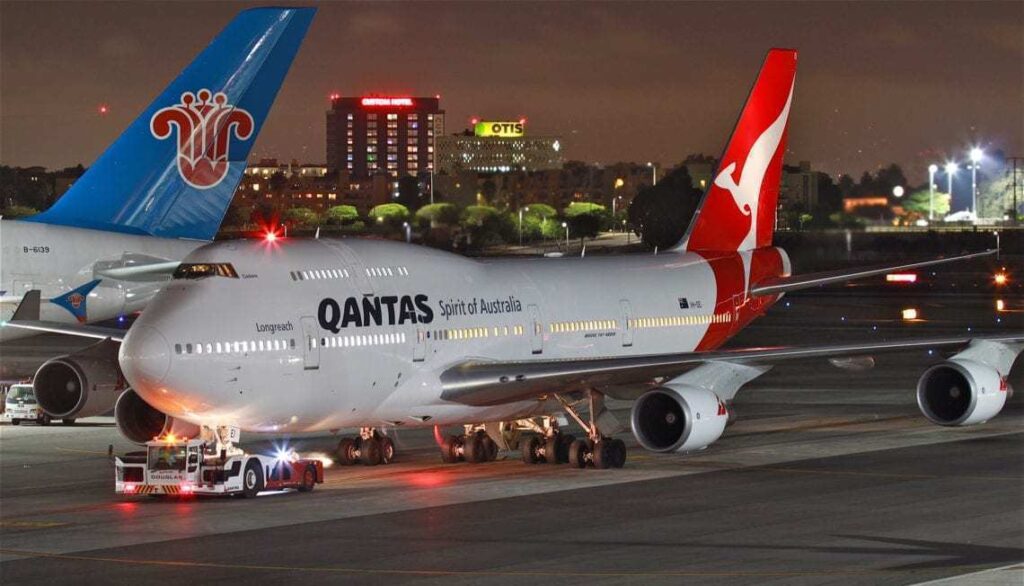
Qantas is the oldest continuously-operating airline in the world and the only one that (normally) flies to every single inhabited continent on earth.
Planned centenary celebrations have been significantly scaled back due to the impact of COVID-19, but Qantas will still mark the occasion with a low-level flyover of Sydney Harbour on the evening of its anniversary.
The flight path is expected to pass near Rose Bay where our Empire Flying Boats took off for Singapore between 1938 and 1942.
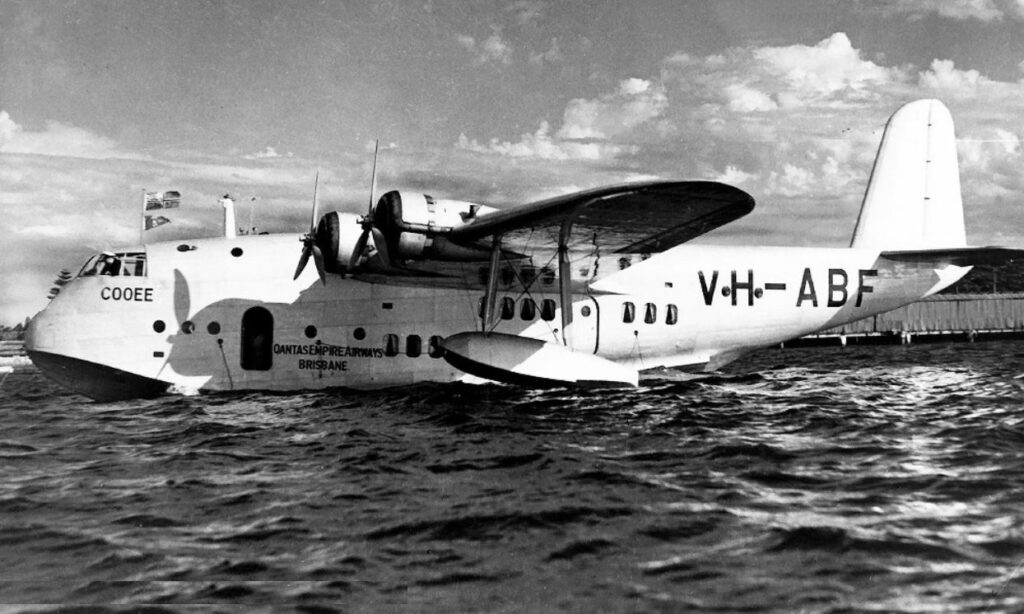
Qantas Chairman, Richard Goyder, said: “The history of Qantas shows it’s no stranger to a challenge or a crisis. That’s often when its role as the national carrier has really come to the fore.
“We want to use this moment to say thank you to all those who have supported Qantas over the years. And, in particular, to the many people who have dedicated some or all of their careers to this great company.”
Qantas Group CEO, Alan Joyce, said: “Around the world, Qantas is probably best known for its safety record, endurance flying and long list of aviation firsts. But for Australians, there’s nothing quite like seeing the flying kangaroo at the airport, waiting to take you home. We hope to be doing a lot more of that in the months and years ahead.”



